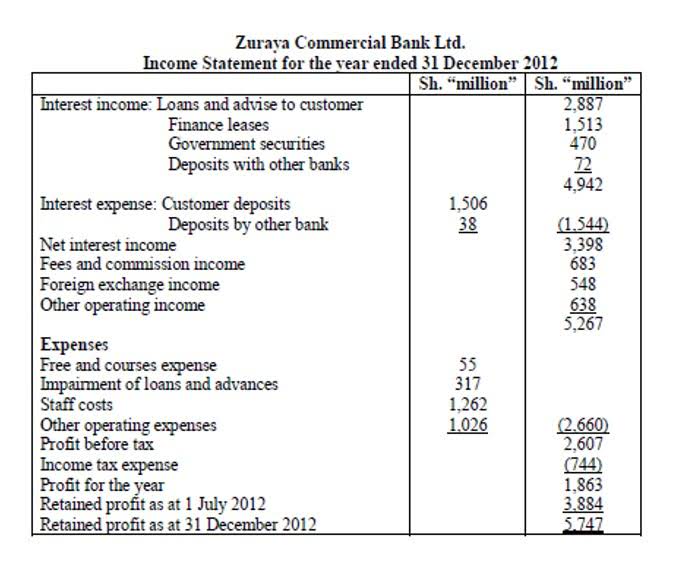Content

The starting point should be how to set realistic financial projections for startups. Well, this template can be used by early-stage SaaS and well-established businesses alike. Done right, a SaaS financial model can be a very useful tool for strategic CFOs and finance leaders to make data-driven decisions and demonstrate future growth to internal and external stakeholders.

Supporting schemes such as working capital, depreciation and taxes might be needed. A financial model is a quantification of your overall business and should therefore be https://www.bookstime.com/blog/oil-and-gas-accounting a reflection of your strategy, business model and vision. It is therefore fair to say your financial model and business model canvas are two sides of the same coin.
Data exports
You don’t need to make the hiring plan accurate since the beginning of time, since the values from your accounting system will override data in the past. This is the same core model that enabled me to simultaneously work with dozens of startups using spreadsheets, while we built our SaaS financial modeling software Flightpath. Our team of Financial Analysts have years of experience building great financial models. The assumptions made during the original predictions must be reviewed and updated based on new information in order to adjust financial projections for changes in the market or industry. Tracking changes in the market’s size, the level of competition, and consumer behavior is part of this, along with taking into account adjustments in pricing, expenses, and revenue sources. Regular modifications should be made, and it’s important to frequently review the estimates to make sure they’re still correct and up to date.
Deferred revenue, also called unearned revenue, matters to startups that get paid up front for service that they will deliver over time. Deferred revenue hits the balance sheet, and slowly converts to revenue, so really matters when creating a startup’s financial forecast for startups financial model. Click here to jump to our free financial model templates that you can use on your own. If your company hasn’t raised funding yet, we recommend you use one of our templates vs. spending money on an outsourced financial modeling service.
Customizing the Financial Model for Your Startup
They’re making about $700k in MRR, still make net losses, but work on becoming cash flow positive in the coming months. The purpose of Data Exports is to provide data for your other models from your accounting, billing or analytics software. In contrast to feeding data into forecasts, Reporting Models pull data from other models to display the data in an easy-to-digest format.

As large firms often use long payment terms it might take up to 90 days before the startup receives the actual payment for the order. If you want to check whether your personnel forecast is realistic, you could divide your projected revenues in a given year by the number of employees (‘FTEs’ or full time equivalents) for that year. This tells you how much revenue you expect to generate per employee and provides a solid basis for comparison with competitors and industry leaders. If you find it difficult estimating demand at all one way of tackling this is to perform keyword research. Keyword tools give you insights in the search volumes for keywords that relate to your offering. They can show you per city, country, continent (whatever you want) how much monthly searches are performed for that specific keyword on the internet.
Net Present Value Model.
If you’re entering Series C, you should anticipate the extra investments and big returns that you’re aiming to experience this round. Each of these KPIs can give you valuable insights into the health of your startup and help you make better decisions about where to allocate your resources. KPIs are an essential tool that allows startups to track their progress and ensure they are on track to meet their goals.
Finally, startups often operate in new or rapidly growing markets, which makes it difficult to predict future earnings. Unless you have heavy financial experience, it’s better to get advice from someone with startup finance experience. Fractional and full-time CFOs are experienced professionals who can build financial models, analyze trends, and give advice. However, if they don’t have experience in startups specifically, they may be unfamiliar with your needs.